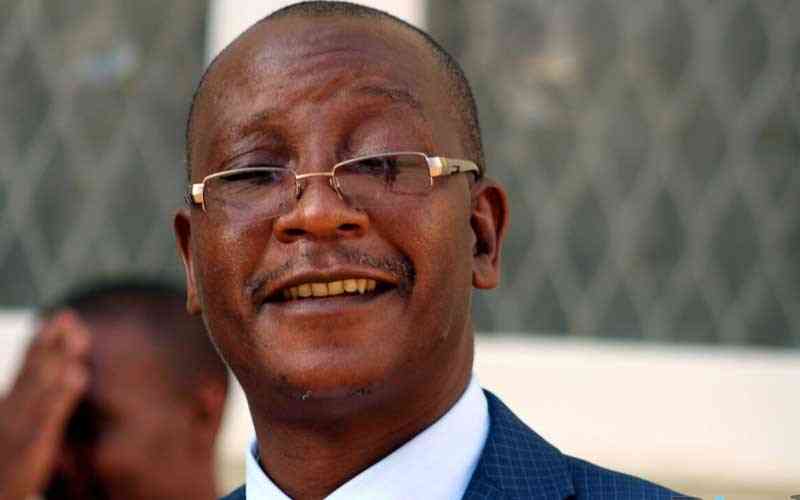
Zimbabwe is in the throes of a devastating drought, the worst in 40 years, that has left over 60% of its 16 million citizens needing food aid to survive until the next harvest.
The southern African country, along with Zambia and Malawi, is among the hardest hit by the El Nino-induced drought. The latest government crop assessment report put maize output for the 2023-24 season at 634 699 tonnes, down by 72% from last season.
In April, President Emmerson Mnangagwa declared a state of disaster in response to the drought and appealed for US$2 billion in aid. The appeal covers food aid, importing grain, expanding irrigation and paying off grain farmers.
Last month, the government raised its appeal to US$3,3 billion, because, according to Local Government minister Daniel Garwe, the number of food insecure people was now estimated at nine million, up from the initial 7,7 million.
Mnangagwa’s appeal was directed to aid agencies and private organisations and non-governmental organisations.
In response, the United Nations has launched an appeal to raise US$429 million to help feed the 3,1 million people that are in urgent need of food aid. The UN intervention would include livestock production, food assistance, cash transfers. In addition, it will also include the construction of solar-powered boreholes and water pans.
This week, Justice, Legal and Parliamentary Affairs Ziyambi Ziyambi emerged from a meeting with NGOs pledging to amend provisions of the Private Voluntary Organisations (PVOs) Amendment Bill.
“I’m absolutely happy with the deliberations, it was robust, we managed to learn a few things and we are going to amend the bill in its current structure,” the minister said.
- Mavhunga puts DeMbare into Chibuku quarterfinals
- Bulls to charge into Zimbabwe gold stocks
- Ndiraya concerned as goals dry up
- Letters: How solar power is transforming African farms
Keep Reading
“We have noticed that there are issues that are also not consistent, but I believe the interaction allowed the NGO sector to appreciate where the government was coming from.
“When they go back they will now understand and appreciate that the Bill is not about punishing the NGO sector, but just a regulatory framework that will allow them to do their work freely without any hindrance,” he said.
Why is the PVOs Amendment Bill seen as necessary in the first place? Will the mooted amendments to this obnoxious Bill remove the disproportionate and discretionary powers to an Office of the Registrar of PVOs, which critics say is not independent from government?
Last year, the UN expressed concern about the possible impact of the legislation to millions of citizens in the country who have largely depended on aid due to a combination of a poorly economy and droughts as a result of climate change.
“By enacting this legislation, authorities will effectively be closing an already shrinking civic space. The Bill’s requirements would also immediately render existing organisations, operating lawfully as trusts and associations, illegal,” it said then.
While the government has claimed that the objectives of the Bill are to counter terrorism and money laundering, the implications of the proposed law are much more sinister.
The Bill is widely seen as weaponisation of the law to clamp down on civic society groups seen by the government as a vital cog of the opposition.
As the current drought has shown, government needs NGOs, and in putting this law in place, the government is cutting its nose to spite its face as it has no capacity to handle the fallout should PVOs close shop and as a result starve the country of critical funding, particularly for the disadvantaged and vulnerable members of society.
The NGOs help the government to meet its obligations to the citizens by offering broad range of services that include health, education, social protection, humanitarian assistance, livelihood interventions, emergency response, conflict resolution, democracy building, environmental management, human rights education, election monitoring and policy analysis and advocacy.
Government needs to see NGOs as partners in development, not regime change agents.






